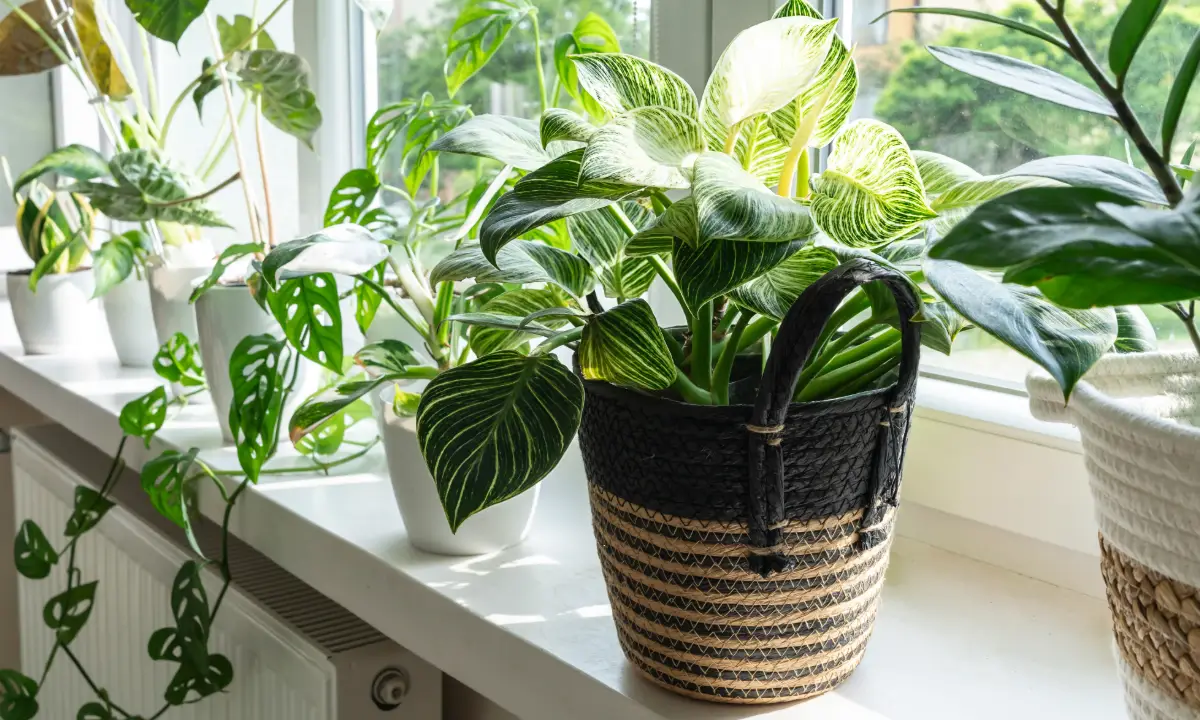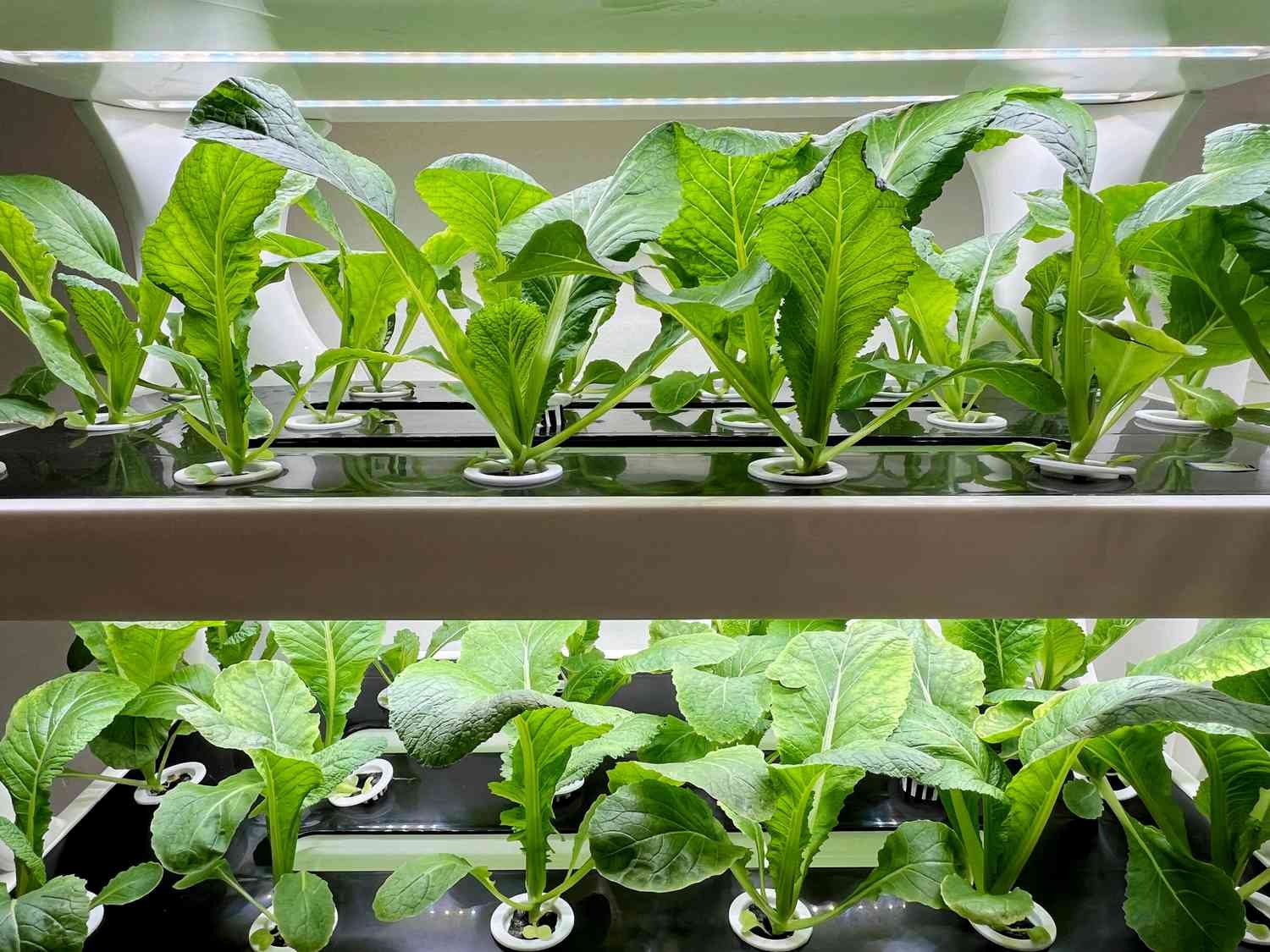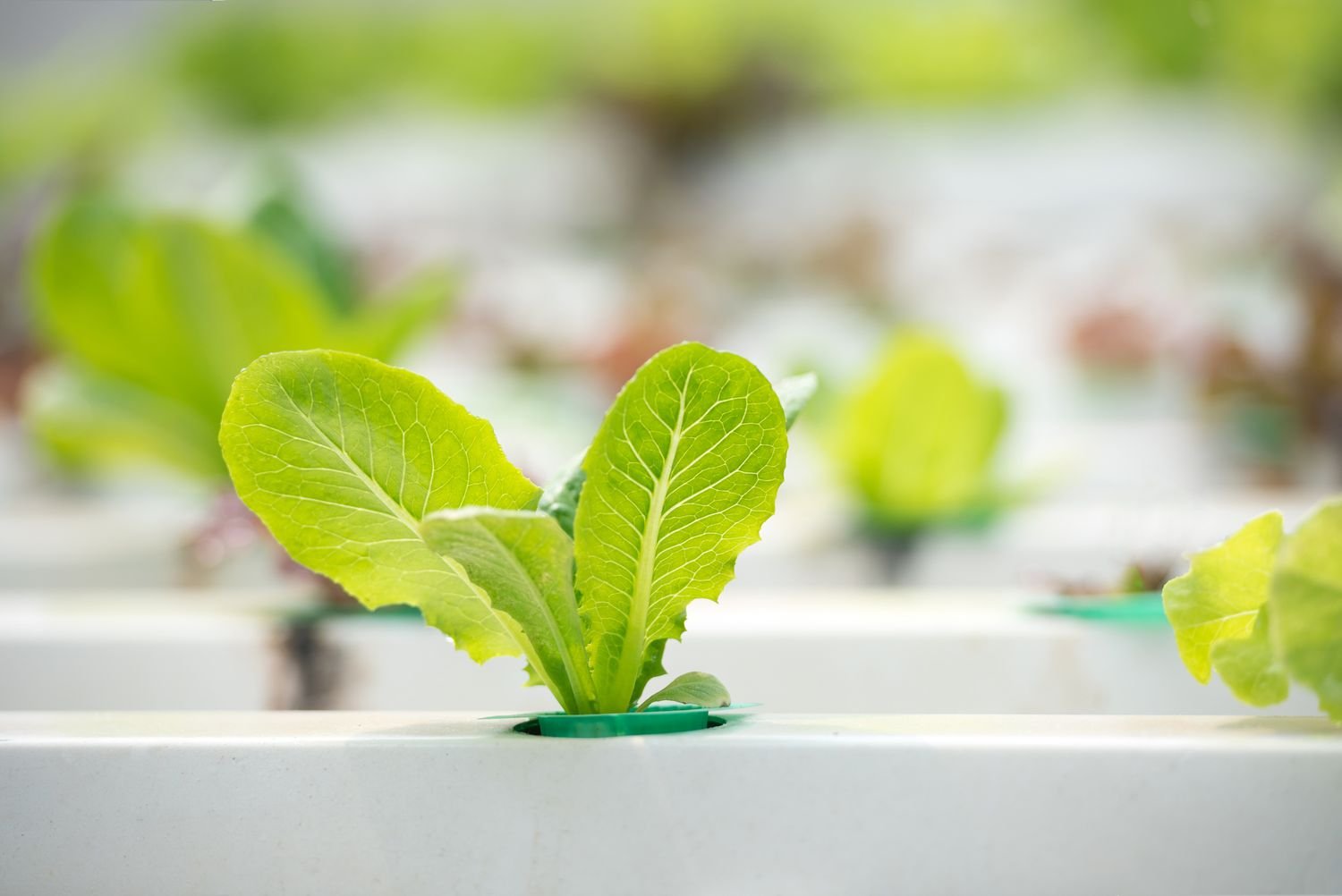Small plants offer numerous benefits to homes and workspaces. They are more than just decorative pieces.
Small plants can improve air quality, reduce stress, and boost mood. These little green wonders are perfect for small spaces, making them ideal for apartments or offices. They don’t need much space, but they provide a lot of value. Whether you want to create a calm environment or simply enjoy a touch of nature indoors, small plants can be the solution.
They are easy to care for and can fit almost anywhere, bringing a bit of the outdoors inside. In this blog post, we will explore the many benefits of having small plants and why they are a great addition to any space.
Introduction To Small Plants
Small plants offer many benefits. They improve air quality and add beauty to any space. They also reduce stress and enhance mood.
Small plants have become a favorite among gardening enthusiasts. These tiny treasures bring nature’s beauty into our homes and offices. They fit perfectly on desks, shelves, and windowsills. Their size makes them easy to care for and maintain. Small plants can brighten up any space, creating a soothing environment. They are ideal for people with limited space. Whether you live in an apartment or work in a small office, small plants can fit right in. Their compact size doesn’t compromise their beauty or benefits. Let’s explore what makes small plants so special.Definition Of Small Plants
Small plants are those that remain compact throughout their life. They typically grow to a height of 12 inches or less. This category includes many types of plants, from succulents to herbs. Small plants are perfect for indoor gardening and small spaces. They don’t need much room to thrive. Their small size makes them easy to move around and display. Whether potted or planted in tiny gardens, small plants offer many options for creativity.Popular Types Of Small Plants
Several types of small plants are popular among gardeners. Succulents are a top choice due to their low maintenance. They store water in their leaves, making them drought-resistant. Cacti are another favorite, known for their unique shapes and textures. Herbs like basil, mint, and thyme are also popular. They not only look good but can be used in cooking. Air plants, which don’t need soil, are great for hanging displays. Ferns, with their delicate fronds, add a touch of green to any space. Each of these plants brings its charm and benefits. Choose the one that fits your style and needs. “`
Credit: www.pinterest.com
Aesthetic Appeal
Small plants bring a touch of nature indoors, enhancing the aesthetic appeal of any space. Their vibrant colors and unique shapes can instantly brighten up a room. Small plants create a serene and inviting atmosphere. Whether on a windowsill, desk, or shelf, they make any area more pleasant and visually appealing.
Enhancing Home Decor
Small plants can elevate home decor with minimal effort. Their natural beauty complements various design styles, from modern to rustic. Adding a few green plants can make a room feel more alive. They work well with other decor elements. A small plant in a decorative pot can be a focal point.
Creating Visual Interest
Small plants introduce different textures and colors, creating visual interest. Grouping plants with varying heights and leaf shapes adds depth to any space. They break the monotony of flat surfaces. Placing small plants in unique containers can enhance their charm. They can transform dull corners into captivating spots.
Health Benefits
Small plants are not just decorative. They offer significant health benefits. These benefits contribute to a better quality of life. Let’s explore how small plants can improve your health.
Improving Air Quality
Small plants can purify the air in your home. They absorb carbon dioxide and release oxygen. This process helps reduce indoor air pollutants. Some plants can remove toxins like benzene and formaldehyde. Clean air improves your overall health.
Here are some popular air-purifying plants:
- Spider Plant
- Snake Plant
- Peace Lily
Place these plants in your living spaces. Enjoy fresher and cleaner air daily.
Boosting Mental Health
Small plants can boost your mental health. Greenery reduces stress and anxiety. Caring for plants gives you a sense of purpose. This can improve your mood and reduce feelings of depression.
Studies show that being around plants can lower blood pressure. It can also improve concentration and productivity. Here are some plants known to boost mental health:
- Lavender
- Aloe Vera
- Jasmine
Keep these plants in your home or office. Experience the calming and uplifting effects they provide.
Low Maintenance
Small plants offer a lot of benefits, one of the key advantages being their low maintenance. These little green companions are perfect for those who love nature but lack the time for extensive plant care. Let’s dive deeper into the benefits of low-maintenance small plants.
Easy To Care For
Small plants are generally easy to care for. They require minimal watering, feeding, and pruning. This makes them perfect for beginners or those who aren’t green thumbs. You don’t need to invest a lot of time or effort. Just a few minutes of care each week will keep your small plants healthy and vibrant.
Suitable For Busy Lifestyles
For those with busy lifestyles, small plants are an ideal choice. They thrive with minimal attention and can survive longer between waterings. This means you can enjoy the beauty of nature without the stress of daily maintenance. Whether you are a student, a working professional, or a stay-at-home parent, small plants fit seamlessly into your life.
| Benefits | Details |
|---|---|
| Minimal Watering | Requires watering only once a week. |
| Low Feeding | Needs fertilizing only once a month. |
| Little Pruning | Occasional trimming, once every few months. |
Overall, small plants are a fantastic choice for anyone looking to bring a bit of nature into their home without the hassle of high maintenance.
Space Efficiency
Small plants offer significant space efficiency. They fit well in tight spaces. They do not overpower a room. These plants add beauty without taking up much space.
Ideal For Small Spaces
Small plants are perfect for small spaces. Apartments, dorm rooms, and offices benefit from their compact size. They bring nature indoors without cluttering the area. Even the smallest corner can hold a tiny plant.
You can place them on shelves, desks, or windowsills. Small plants transform unused space into a green oasis. They make any room feel more inviting.
Versatile Placement Options
Small plants offer versatile placement options. They thrive in various spots around your home. Place them on a bookshelf for a touch of green. Hang them in small pots from the ceiling to save floor space.
Some small plants do well in low light. This makes them suitable for bathrooms or hallways. You can also arrange them in clusters for a beautiful display. The possibilities are endless.

Credit: tesselaar.com
Cost-effectiveness
Small plants offer numerous benefits, one of the most significant being their cost-effectiveness. They provide a budget-friendly way to enhance your living spaces, both indoors and outdoors. Below, we explore how small plants can save you money.
Affordable Options
Small plants are often more affordable than larger ones. You can find a variety of small plants at local nurseries or online stores at low prices. This makes it easy to start your plant collection without breaking the bank.
Here are some examples:
- Succulents: Usually cost less than $5 each.
- Herbs: Mint, basil, and thyme are budget-friendly.
- Indoor plants: Spider plants and pothos are inexpensive.
Reduced Gardening Costs
Maintaining small plants is cheaper compared to larger plants. They require less soil, water, and fertilizers. This leads to lower gardening costs over time.
Consider this table for a quick comparison:
| Type of Plant | Soil Needed | Water Required | Fertilizer Cost |
|---|---|---|---|
| Small Plant | 1-2 cups | 1-2 times/week | $1/month |
| Large Plant | 5-6 cups | 3-4 times/week | $5/month |
As you can see, small plants are more economical in the long run. Reduced gardening costs make small plants an excellent choice for budget-conscious individuals.
Educational Value
Small plants offer immense educational value. They teach us many things, from science to responsibility. Caring for plants can be a fun and enriching experience for everyone.
Learning About Plant Care
Growing small plants helps us learn about plant care. We can understand the basics of botany. We learn how plants grow and what they need to thrive. Water, sunlight, and soil are important elements. By observing, we notice how each element affects growth. This practical knowledge is valuable.
Small plants also help us understand the life cycle of plants. We see the stages from seed to mature plant. Watching a plant grow is exciting and educational. It teaches patience and curiosity.
Teaching Responsibility
Taking care of small plants teaches responsibility. Plants need regular care. We must water them and ensure they get enough light. This daily routine helps us develop a sense of duty.
Responsibility learned from plants can extend to other areas. It helps in developing good habits. Children especially benefit from this. They learn to care for living things and develop empathy.
Environmental Impact
Small plants play a crucial role in our environment. They help improve air quality and support local ecosystems. These plants also contribute to reducing pollution. Their presence can make urban areas healthier and more pleasant places to live.
Supporting Biodiversity
Small plants provide habitats for various insects and birds. They offer food and shelter to many small creatures. This helps maintain the balance of our ecosystems. Increased biodiversity ensures the survival of different species.
Reducing Carbon Footprint
Small plants absorb carbon dioxide from the air. This process reduces the amount of greenhouse gases. These plants help combat climate change. They also produce oxygen, which is essential for life. Planting small plants is an easy way to reduce your carbon footprint.

Credit: matsuoutdoorsmanshow.com
Frequently Asked Questions
What Are The Health Benefits Of Small Plants?
Small plants improve air quality by absorbing toxins and releasing oxygen. They can reduce stress and enhance overall well-being. Having small plants around can also boost productivity and creativity.
How Do Small Plants Improve Indoor Air Quality?
Small plants absorb carbon dioxide and release oxygen, making indoor air fresher. They can also remove toxins like formaldehyde and benzene. This results in cleaner, healthier air.
Can Small Plants Reduce Stress Levels?
Yes, small plants can reduce stress. They create a calming environment and improve mood. Studies show that interacting with plants can lower stress hormones.
Are Small Plants Easy To Maintain?
Small plants are generally easy to maintain. They require minimal space and care. Regular watering and occasional pruning are usually sufficient to keep them healthy.
Conclusion
Small plants offer numerous benefits. They improve air quality. They enhance mood. They reduce stress. Small plants are easy to care for. They fit in any space. They add beauty to homes and offices. They promote a sense of well-being.
Consider adding small plants to your environment. Enjoy the many rewards they bring.






